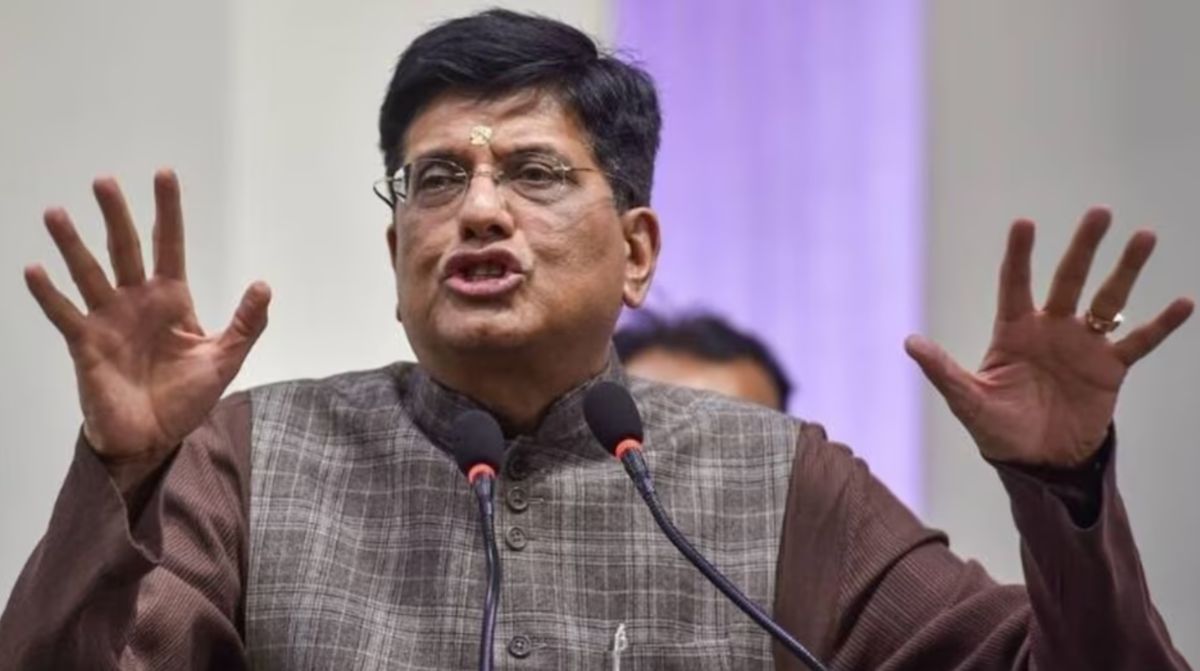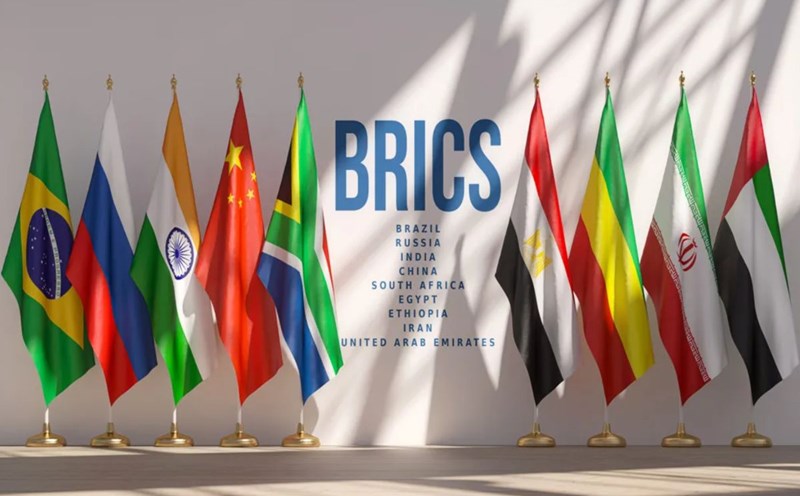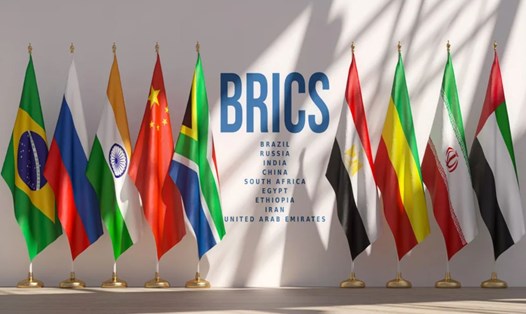In a surprising move with the global financial market, India rejected the idea of a common BRICS currency.
Business Today newspaper reported that at the IT-BT Round Table 2025 forum held last week by India's top two magazines, India Today and Business Today, Indian Industry and Trade Minister Piyush Goyal declared definitely: " We have clearly said: India does not support any common currency of BRICS.
India's strong stance is putting a big question mark for the reduction ambition to depend on the US dollar of BRICS - a bloc including Brazil, Russia, India, China, South Africa, Iran, Ethiopia, the United Kingdoms Most and Indonesia.
Trang Binance pointed out the reasons why India said "no" to the future BRICS money.
India wants to maintain its monetary policy control. A common currency can cause the country to lose self -determination in important economic decisions.
The economic difference is too big: BRICS includes economies with different characteristics. While China is a producing power, Russia depends on oil and gas exports, India has an economy based on services and domestic consumption. The application of a common currency will face many obstacles in balancing benefits.
Unstable risk: India's financial system is closely linked to USD and other key currencies. The replacement of an unproven BRICS currency can cause great fluctuations, affecting trade and investment.
Too complicated to implement: a common currency requires closely associated financial infrastructure, while BRICS countries have not yet reached the level of integration like the EU. The establishment of a general payment system, foreign exchange reserve and monetary policy control mechanism will take many years, if not impossible.

Although BRICS is trying to "non -USD" trade global trade, India seems to choose a safer path - continue to cohesive with the green silver coins.
USD is still considered the most reliable currency in international trade and investment. Continuing using USD helps India avoid risks from a new unproven monetary system.
As the United States became an important Indian trading partner, keeping the USD -based financial system benefit from investment capital and technology cooperation.
With India - one of the two largest economies - withdrawal, the possibility of success of the BRICS currency becomes fragile.
Although the general currency is not feasible, BRICS countries can boost transactions in local currency or develop the BRICS payment system to replace Swift to gradually reduce the dependence on the dollar.











